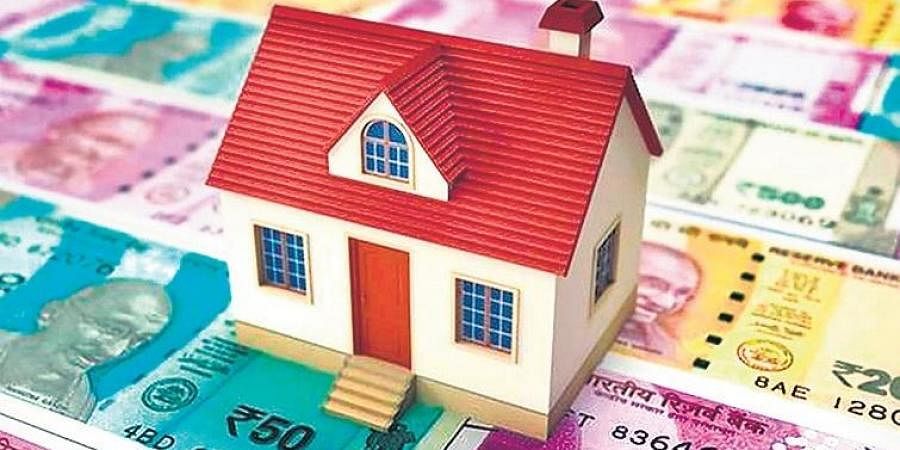8210Views 0Comments

5 Factors to Consider Before Opting For A Housing Loan In India
A house is a huge purchase and most of us tend to rely on financial assistance – in the form of a home loan – to buy a house. A housing loan in India is a smart choice because it offers one the opportunity to fulfill the dream of owning a house without straining one’s finances. However, despite the easy availability of tools, such as EMI calculator, home loan eligibility calculator, and several document checklists, most borrowers are unaware of the use of these tools and how they can benefit from them. Thus, if you are planning to take a home loan, make best use of these tools. In the meanwhile, here are the top five factors to consider while opting for a housing loan in India.
1 Loan Tenor
If you contact a lender or a bank for a home loan, chances are they will offer a longer tenor. They may even use it to reduce the EMIs. However, you must note that a longer tenor means higher interest outgo. Further, remember that the interest component is more during the initial tenor of the loan while the principal component is relatively much smaller. So, opt for a shorter tenor while also keeping your EMIs affordable.
2 Eligibility for Housing Loan in India
The eligibility for a housing loan depends on income as well as several other factors. A person’s occupation, the organization where they are employed, existing financial obligations, age, employment history, and other factors also play a crucial role in deciding one’s eligibility. Banks and lenders look at a person’s whole credit profile and not just their financial strength. Before applying for a housing loan, consider these factors to check if you would fit a particular bank’s home loan eligibility criteria.
By setting these requirements, banks and lenders understand and assess a person’s repayment capacity and how much of a risk it would be for them to grant this person a housing loan in India. A higher income would make a person more eligible for a higher loan amount. However, if one has more financial obligations, their home loan eligibility also declines considerably. One can improve one’s home loan eligibility by adding a co-applicant who earns a handsome income and has a high credit score.
3 Interest Rate and Charges
Do not hesitate to negotiate for a better rate, especially if you have known the lender and availed of their service for some time. If you have a good credit score, use it to your advantage for seeking a lower interest rate. Banks do not like losing good customers, so the chances of getting a competitive rate of interest upon negotiating are always higher. You must also try and understand the fee structure of the lender or the bank you have approached so that you have a thorough knowledge of all the costs involved.
4 The Fine Print
It is imperative to read and understand all the terms and conditions, especially when you are opting for a financial product. A fine print typically has several things that may not favor you in the future and you may regret not having read it thoroughly earlier. Do your research thoroughly and find out what will be the most appropriate deal for you.
5 Loan Amount
Banks tend to fund up to 80% of a property’s value. However, the loan amount depends on the applicant’s income and other factors. Typically, banks and other lenders readily agree to sanction an amount that would mean an EMI of 40-50% of one’s basic salary and their dearness allowance. If you are someone with existing liabilities, such as one or more personal loans or car loans, your chosen bank will deduct the EMI of the same from your income to derive the amount you are left with after meeting these financial obligations. The loan amount factors in all these and you may not get as much funding as you had expected. Thus, it is advisable to keep credit card bills at the lowest and prepay other loans, if possible before getting a housing loan in India.
A top-up on a housing loan is a faster and more convenient way if you are looking to raise money. If, as a borrower you have paid money for 12 months without failing a single installment, you are eligible to do a top-up. The amount of money that a bank will sanction as a top-up loan will depend on the number of equated monthly installments (EMIs) already paid. The top-up loan interest rate could be higher than a housing loan interest rate. Besides, there is a limit on the maximum amount a lender may be open to sanctioning. If you are taking a top-up loan to repair or refurbish your home or to construct an extra room, you may be entitled to tax benefits as well.
The Final Word
Taking a housing loan in India is a major decision that can impact your financial health for the years to come. So, it is vital to be aware of all the aspects and avail of a housing loan in alignment with your financial interests.


